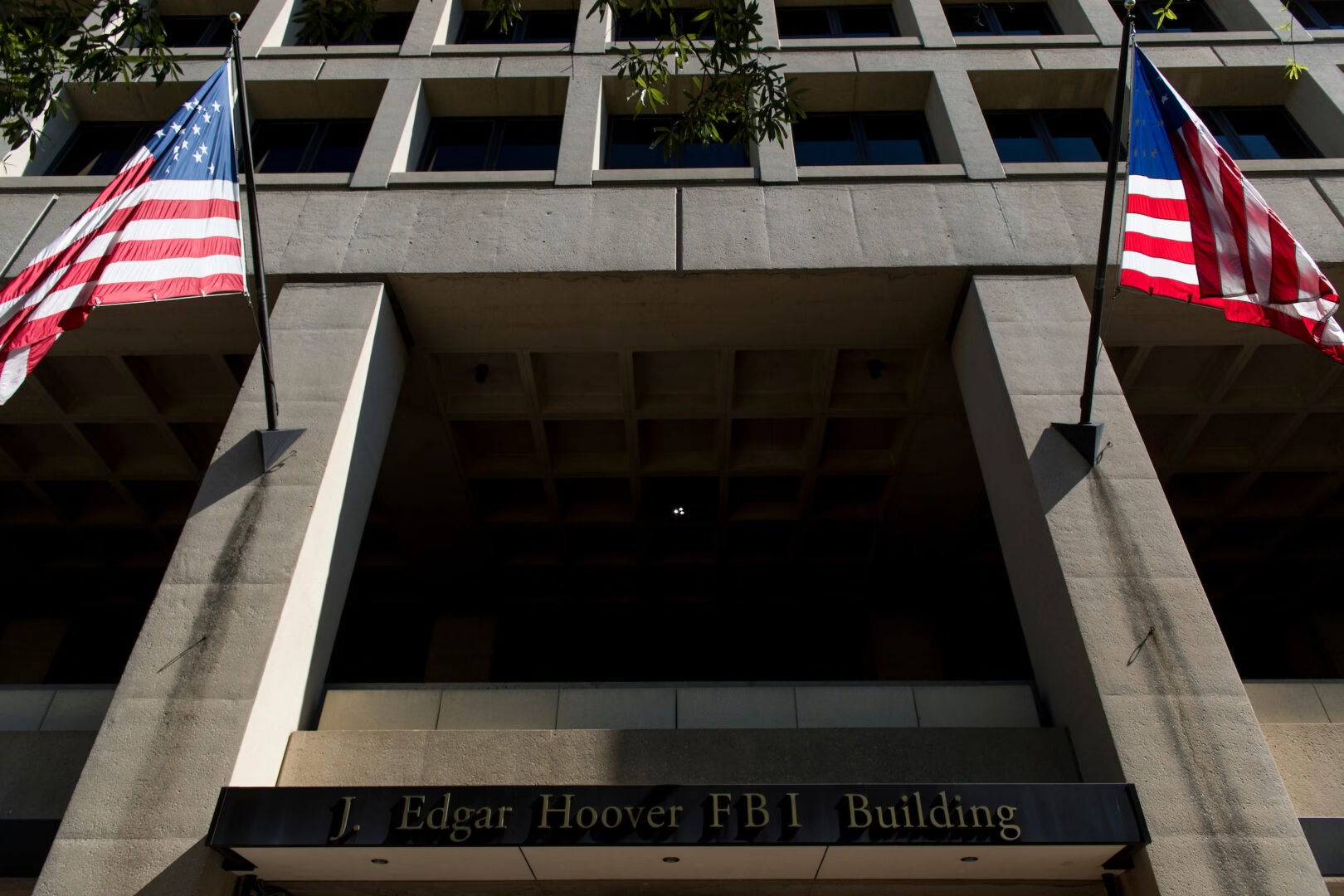
-
info@forensicss.com
Send Email
-
11400 West Olympic Blvd, Los Angeles, CA 90064
310-270-0598
Confidentiality Guaranteed
310-270-0598
Confidentiality Guaranteed
Blog Details
-
ForensicsS | Private Detective & Digital Forensics Investigation Experts > News > Uncategorized > FBI headquarters fight stymies spending bill in Senate

Jul
FBI headquarters fight stymies spending bill in Senate
Scam detection
Plans for the Senate Appropriations Committee to approve a Justice Division funding bill collapsed on Thursday amid a Republican rebellion over an amendment about where to place the novel FBI headquarters.
Senate appropriators scattered from the meeting without a definite path forward on how to approve the broader fiscal 2026 Commerce-Justice-Science appropriations bill, a measure that had bipartisan enhance sooner than friction over the amendment tanked its probabilities of being accredited this week.
“Regrettably, I even include to sage that it became no longer imaginable in this duration of time to attain an agreement,” acknowledged Sen. Susan Collins, R-Maine, the pinnacle of the Senate Appropriations Committee.
Democrats and Republicans fought on an amendment connected to a Trump administration announcement altering the space of the novel FBI headquarters from Greenbelt, Md., to the Ronald Reagan Building complicated in downtown Washington.
The amendment, which became supplied by Sen. Chris Van Hollen of Maryland, the tip Democrat on the Senate Commerce-Justice-Science appropriations subcommittee, would block funds from going to any assorted space moreover the Greenbelt catch 22 situation. The amendment became narrowly adopted on a 15-14 vote, with Sen. Lisa Murkowski, R-Alaska, siding with Democrats on the committee.
In a while within the meeting, after the committee adopted the amendment, Republicans who before the entire lot supported the measure began to reverse their votes, unleashing confusion about the catch 22 situation of the $seventy nine.7 billion bill.
One of the most Republican senators to flip his vote, Sen. Markwayne Mullin, R-Okla., acknowledged the amendment from Van Hollen became a “poison tablet.” That’s why senators had been switching their votes, he acknowledged.
Sen. John Hoeven, R-N.D., acknowledged Republicans don’t enhance the bill with that provision in it.
“The amendment essentially prevents the administration from bright the FBI headquarters to the Reagan Building, which we enhance. We’re for it, so we are in a position to’t enhance a bill that doesn’t enable that to transfer forward,” Hoeven acknowledged.
Sen. Jerry Moran, R-Kan., who leads the Commerce-Justice-Science subcommittee, acknowledged appropriators must serene no longer take a residence on the space of the novel FBI headquarters.
“So we’re at difference with the subject of the cash that’s in our story — that doesn’t belong in our story — where it must transfer,” he acknowledged. “And there’s accurate a dialogue about how to catch to the bottom of that field.”
“It’s in actuality about the space,” he added.
The bill offers funding to the Commerce and Justice departments, NASA, the National Science Foundation and assorted agencies.
Scam detection Debate
The friction on the committee meeting Thursday became the most novel in a yearslong storyline over where to place a novel FBI headquarters, a transfer officials divulge is wanted as a result of “crumbling” J. Edgar Hoover constructing on Pennsylvania Avenue in downtown Washington.
The General Companies Administration in 2023 picked Maryland for the novel FBI headquarters over Virginia, after a fierce, lengthy and high-profile competitors over where the novel facility would be constructed.
Lawmakers previously appropriated cash with the understanding that it might well perhaps perhaps well presumably tear to the winner of the competitors, Van Hollen has argued. He implied the commerce in catch 22 situation would enable the Trump administration to, in attain, rescind cash supplied by Congress.
“I’d accurate, again, [caution] every person about the precedent that will be catch 22 situation if we don’t arise for congressional prerogatives in this case — FBI constructing recently, tasks in any assorted relate the next day,” Van Hollen acknowledged.
Mullin acknowledged Congress must serene no longer “micromanage” the FBI’s space planning. “We would love to enable them to kind a resolution,” he acknowledged.
But Van Hollen argued it’s no longer lawmakers deciding the space.
“We’re no longer deciding on something. We’re upholding a resolution that became made by the FBI and by the GSA in line along with your entire inputs that they’ve to include in thoughts,” Van Hollen acknowledged.
By the tip of the meeting, it became definite lawmakers had no longer reached an agreement.
“[It’s] unhappy that one field is sinking a bill that became entirely bipartisan and strongly supported on both aspect of the aisle,” Collins acknowledged.
Aidan Quigley contributed to this sage.
Recent Posts
- Trump’s FBI says ‘Epstein’ penal advanced postcard to pedophile Larry Nassar is FAKE
- Epstein’s brother’s wild converse that Trump authorized his homicide is unearthed in DOJ files
- Informant steered FBI that Jeffrey Epstein had a ‘non-public hacker’
- Fireblocks CEO says North Korea-linked job recruitment scam centered LinkedIn profiles
- How Criminal Millions Sprinted Via Binance, OKX, and Thoroughly different High Crypto Exchanges
Recent Comments
Categories
Recent Posts



